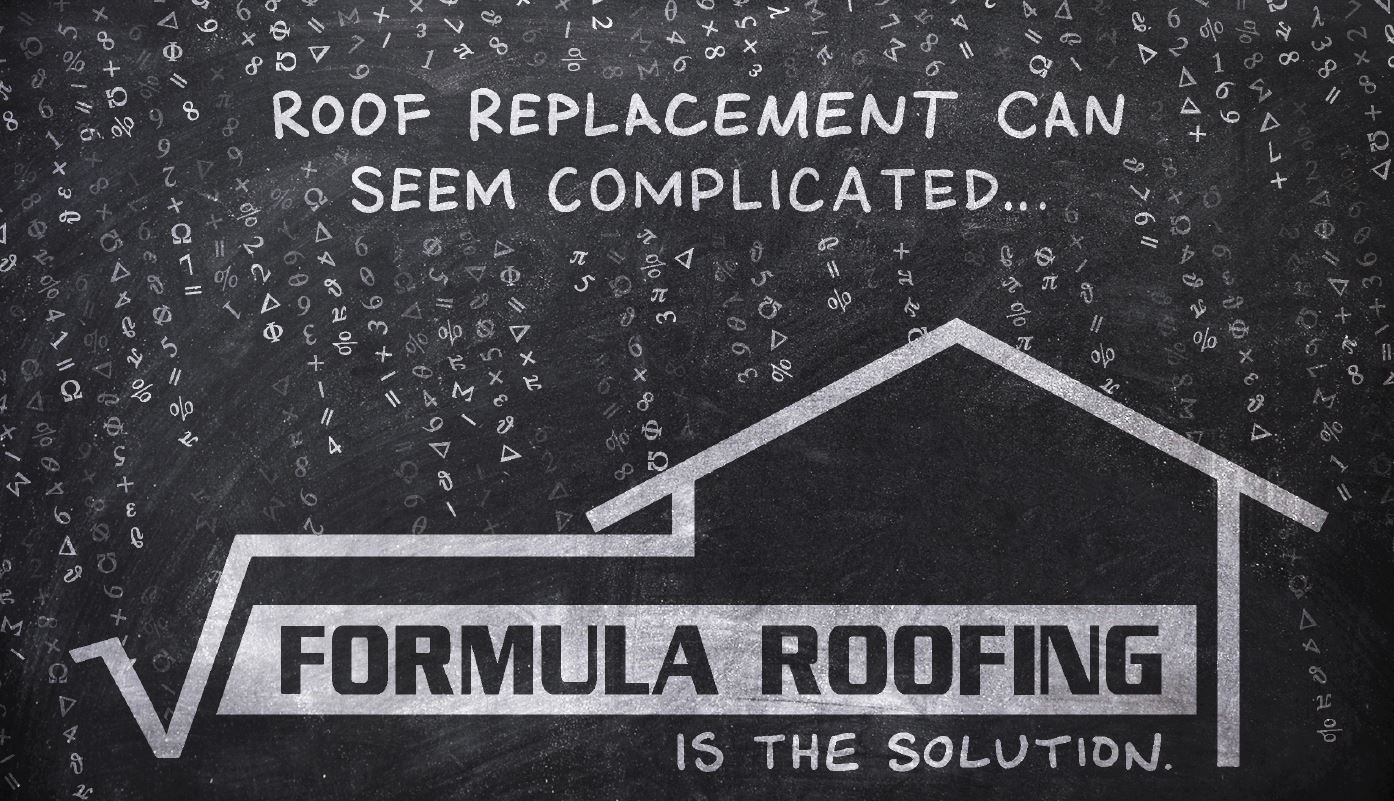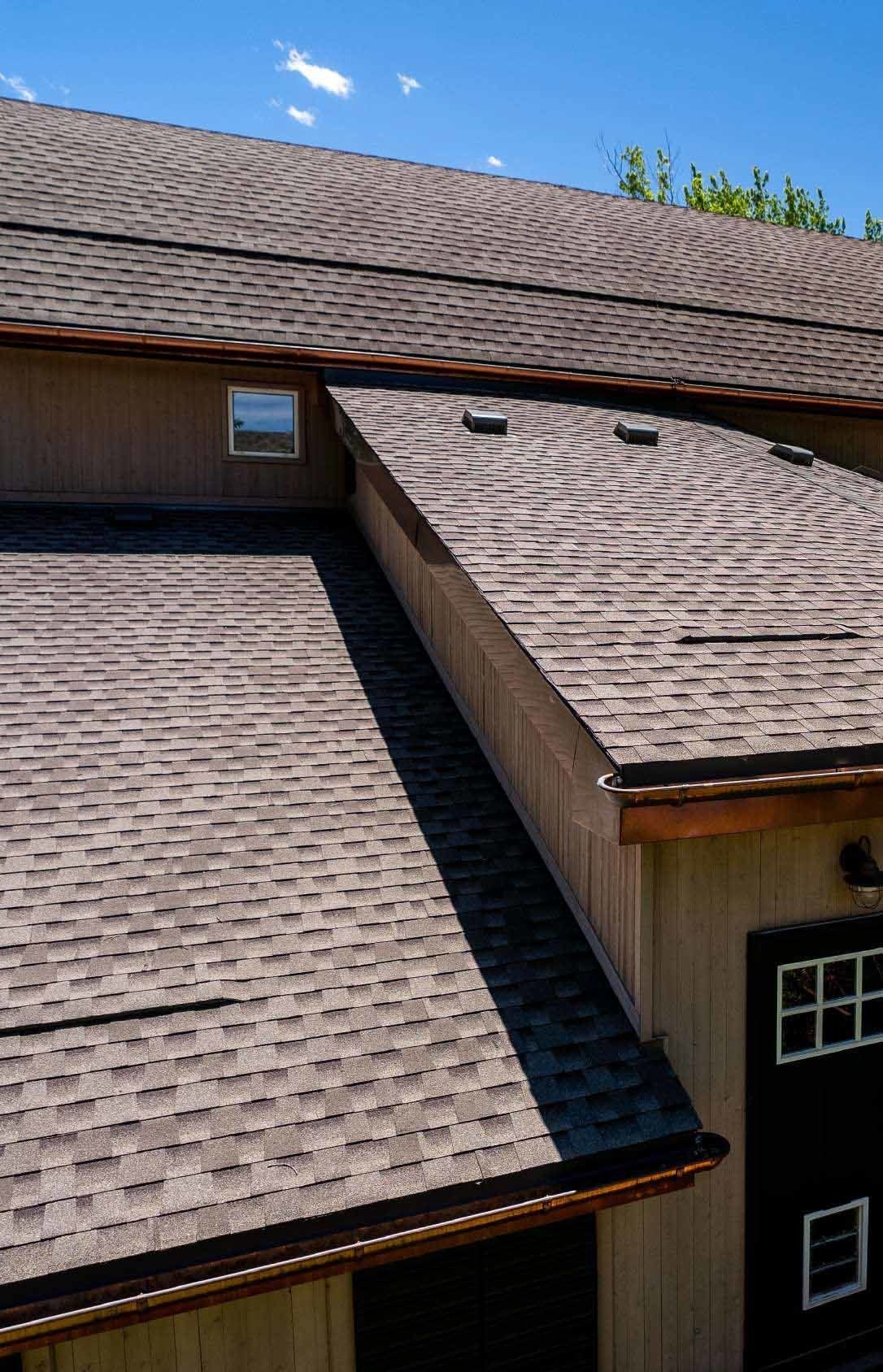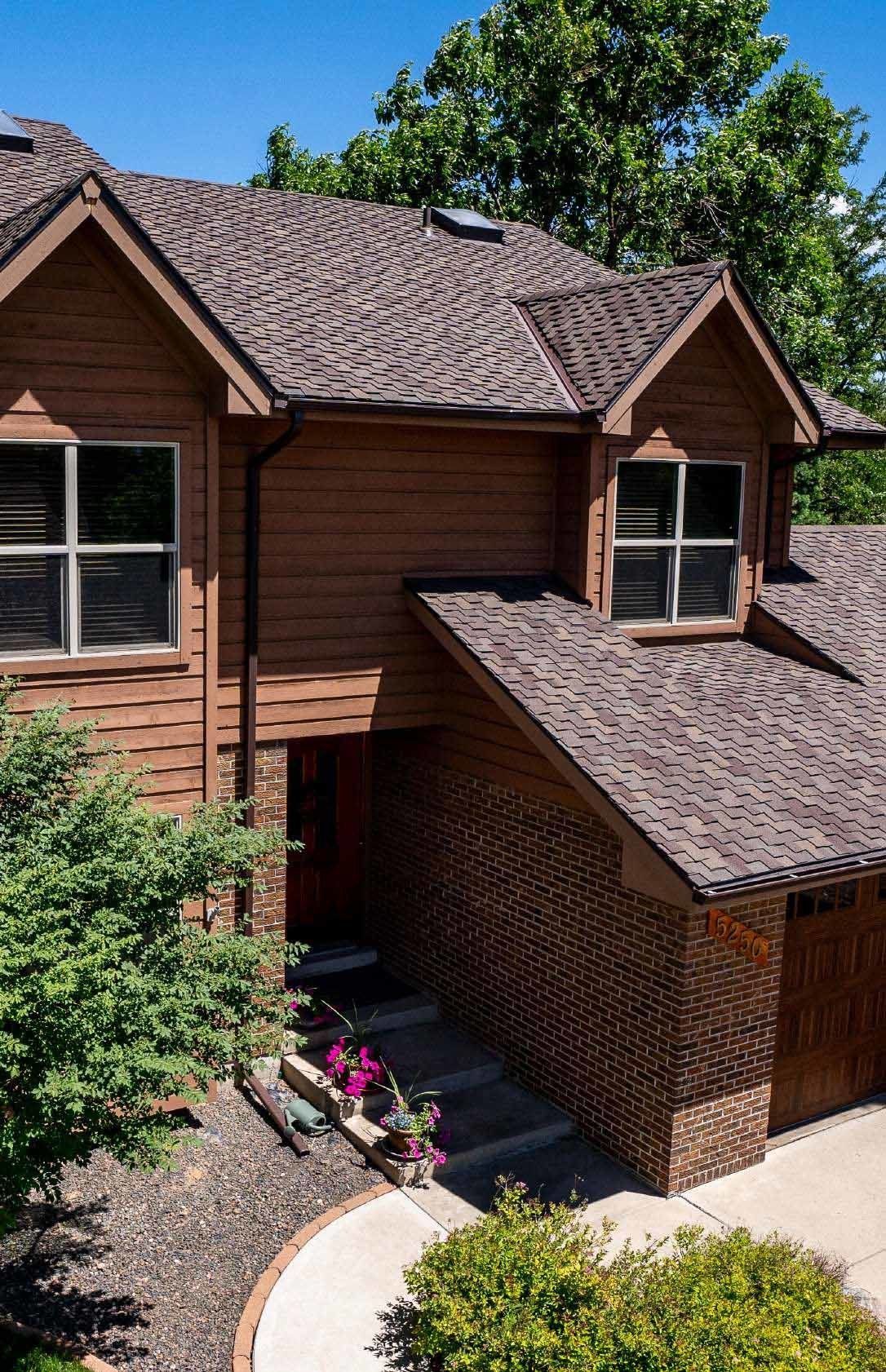Roof Insurance Claims Denver: Expert Storm Damage Repair & Support
Disaster is a part of life. Severe wind and hail can cause significant damages to your home. After a bad storm it is important to make sure the exterior of your home was not affected. Formula Roofing will be happy to arrange an inspection of your roofing and siding if you are unsure, and provide your insurance company with a letter reporting our findings.
We recommend:
1. Contact your insurance carrier and identify exactly what is and isn’t covered. Some policies will only offer roof damage coverage up to the depreciated value, regardless of the age of your roof. Other policies will cover the full cost of repairing or replacing the damaged section of your roof at the time of the claim, regardless of the age of your roof. In most cases, your insurance company will send an inspector to your home to investigate and verify your claim.
2. Do not wait to file your claim. You should contact the claims department of your insurance company as soon as possible and find out how long you have to file a claim. If you don’t file a claim within the allowable time, usually one year, you may end up footing the bill yourself.
3. Inspect your home thoroughly. Even minor damage can cause serious, expensive leaks in the future. A professional inspection will confirm how much damage you have and whether your roof needs to be repaired or replaced. Minor repairs (less than your deductible) can be handled outside of the insurance claims procedure to ensure your coverage is not affected.
Insurance claims process
If you fear that your roof and/or surrounding property may have been damaged by a storm or other weather-related incidents, contact us immediately for a cost-free, no obligation, comprehensive inspection. One of our project managers will advise you on the proper course of action to ensure your insurance company fairly assesses the damage and compensates you accordingly.
If you have already contacted your insurance company, and have received an adjustment assessing the damage, contact one of our associates and we will guide you through the remainder of the insurance claim repair process.
Our project managers have extensive experience with insurance companies regarding hail and wind-damage claims, and will answer any and all questions or concerns you may have from start to finish. We will communicate directly with your insurance company on your behalf to ensure all assessments are completed according to applicable city and county roofing codes and guidelines. We will provide the building permit and notify the city building department for a final inspection of the repairs.
If your roof replacement is being covered by an insurance claim, in most cases, your policy will pay the replacement cost of a like-kind-and-quality roof. This means that they owe to replace your roof with essentially the same as you had before the covered loss. Frequently, the roof needs to be brought up to current building standards and codes. Keep in mind that building codes, also known as building law and ordinance, are bare minimum requirements. These laws are put into place and enforced by local jurisdictions to protect homeowners from unscrupulous contractors and shoddy construction. Sure, our formula includes adherence to local building codes, but more importantly, we adhere to manufacturer installation instructions while applying our decades of knowledge and expertise.
Considering an upgrade? Tell us what options you would like to explore, and we can present you with our recommendations based on current material options.
Many insurance companies offer a premium discount for impact-resistant shingles. Be sure to ask us for recommendations and confirm discount eligibility with your agent.
How to tell if you have roof damage?
Homeowners very often make the mistake of confusing deterioration with damages. Understanding the difference will help you decipher between actual damages and regular maintenance. We’re experts when it comes to assessing damages, inspections and claims, and can work with you to make the insurance process easy and stress-free.
Does your roof need replacing?
Depending on the severity of your roof hail damage, repairs may be a viable option. However, if the damage covers a good portion of your roof, you will probably need to replace the entire roof.





